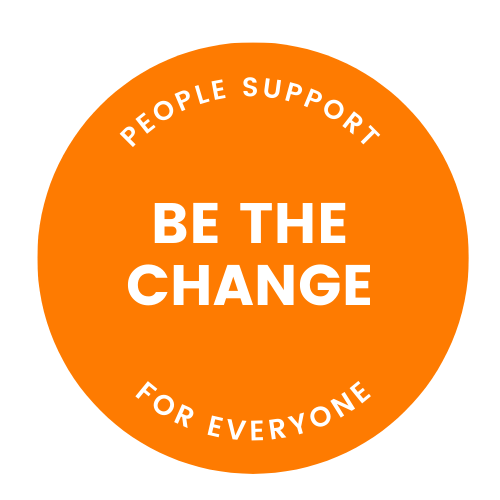Breaking the class ceiling
When you google “working class” the first 20 pictures are men in hard hats, next up is a picture of Vicky Pollard. Ouch. The working class make up a huge 48% of the UK (Census 2021) but what it means to be working class has evolved. Not as clear cut as blue and white collar, university educated or not, or whether you live on a council estate. It’s much more nuanced these days, it’s an identity, passed through generations by those keen to hold onto their working class values.
I read that a working class upbringing often involves overcoming adversity, financial struggles and limited access to resources or opportunities. The truth is, you don’t know you’re facing adversity, most people around you are skint and you don’t know what you’re missing out on. These experiences apparently unconsciously build resilience and problem-solving skills. On the flip side it can come with a lack of confidence and some imposter syndrome too.
I know leaders from these backgrounds are hugely empathetic. People are drawn to their relatability, their authenticity resonates. They are more attuned to the needs and concerns of employees, often going out of their way to create a more inclusive and empathetic workplace culture.
But I’ll be honest, the path to leadership for those people has rarely been a walk in the park. The attributes mentioned above, while cherished by those who recognise their value, have been overlooked in conventional recruitment practices.
Fitting into a professional environment often includes shedding your cultural markers and personal identity. We talk about belonging a lot at BTC, including masking who you really are to fit in. It sucks but we’ve all done at at some point, that can be a neurodivergence, cultural differences, sexuality or any other part of your identity that you don’t think “fits in” at your workplace. I’ve done it myself. I lost my Mancunian accent within 6 months of moving to Oxford, it drew attention to me in a way I didn’t like. I stopped wearing my Lonsdale trainers and my Manchester United shirt. I so badly wanted to fit in that those bits of my identity were an easy trade off. As an adult I’d like to think I’d be much more comfortable with those pieces of my identity and actually I do all I can to hold onto what little mancunian-isms I have left, but I can see how these subtle changes can creep in when you’re not feeling like you belong at work.
I’m not one for writing for the sake of it, so the real purpose of this article is to provoke some conversation and give you some tips on what you can do to encourage a diverse range of people to work for you, and stay.
To get you started, here’s some stuff you can actually do:
Remove barriers that may inadvertently favour candidates from more privileged backgrounds. Check where you’re recruiting, if your adverts are only going in the Guardian you want to switch it up a bit. Don’t place any value whatsoever on these elements of a CV:
Address! This is a big one. There’s a huge amount of unconscious bias connected to addresses.
Name of school - not important at all, ever.
Hobbies - whether someone is a horse rider, plays darts, or spends their weekends putting a exhaust on their friends car, these hobbies have nothing to do with how they’ll perform in their job. Ignore!
Volunteering - I’m talking the “Washing elephants at a sanctuary in Goa” kind of volunteering. That’s a holiday.
Name of previous employer. You can gain valuable experience with any employer, try not to be swayed by impressive company names.
Establish mentorship and development programs that specifically target individuals from working-class backgrounds, helping them progress into leadership roles. Don’t feel the need to invent one yourself, there are loads out there that you can either replicate or join in with. Check out the social mobility foundation.
Provide training to raise awareness about the importance of social class diversity and its impact on the workplace. Encourage open conversations about class differences, allow for it to feel uncomfortable. Even if you just share podcasts or articles, it gets people thinking.
Can you target your work experience and placement schemes to exclusively work with schools or universities who represent a true reflection of your city? No more friend of the boss shoe-ins.
Most organisations don’t collect data on social class, so knowing this segment of your workforce demographic can be an unknown. Don’t fear adding social class identity to your equalities monitoring. As long as you explain why you’re asking for it, and what you’ll do with it, people are pretty open to telling you.
We’d love to hear your stories, ideas and comments on this topic so please do leave a comment with anything you’d like to share.
Signed off - Lisa
(Wearing my Manchester United top)
Not a single bad thing can come from diversifying your workforce. If you don’t know where to start, we can help you, easy, pop us a message today.

